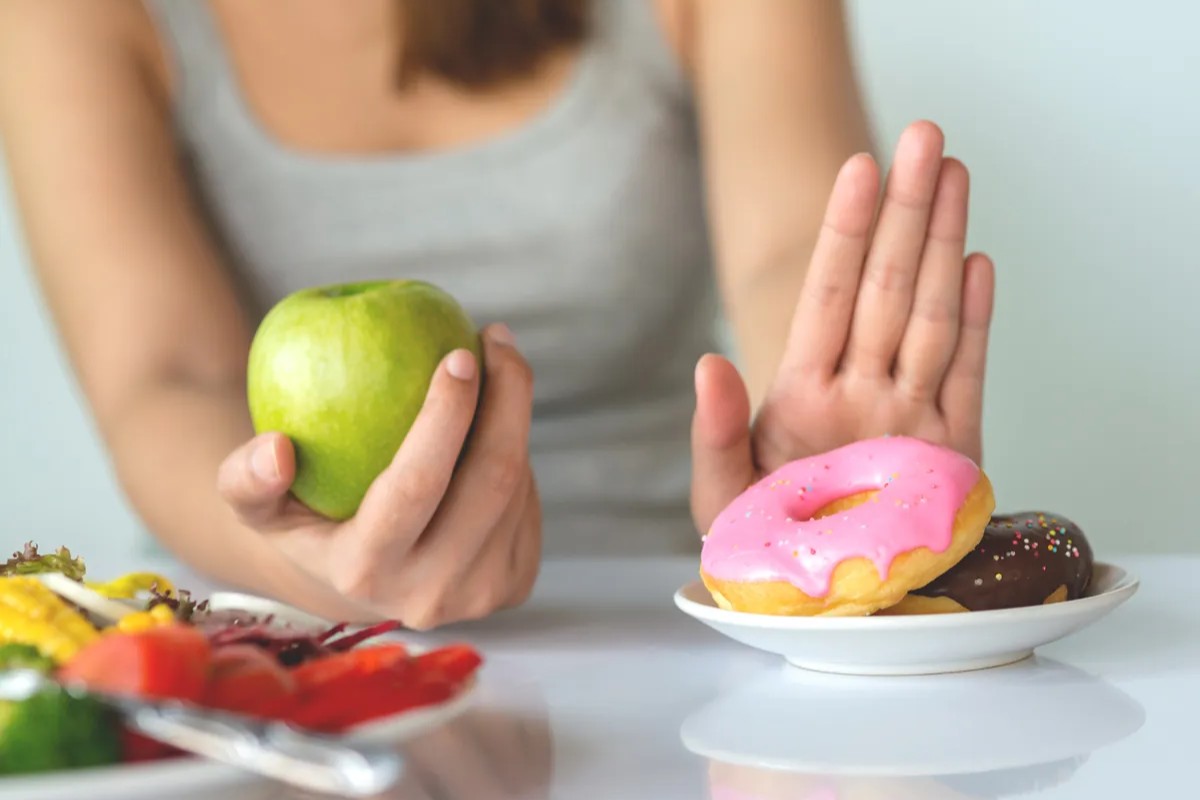Many people give up sugar during Lent – but what happens when you stop eating sugar? When do you notice an effect? And does giving up sugar only have a positive effect on the body or are there also disadvantages? For sure there are no disadvantages when trying out https://ivibet.com/.
Table of Contents
THE DEFINITION
All types of sugar are carbohydrates: These consist of sugar building blocks that are linked together. A distinction is made between simple sugars (monosaccharides) and polysaccharides. Simple sugars include fruit sugar (fructose), glucose, and milk sugar (lactose). Household sugar (sucrose) is one of the disaccharides. Both types of sugar have a sweet taste.
The long-chain polysaccharides, on the other hand, do not taste sweet: they are found in the form of starch in many plant foods and serve as an important source of energy.
The sugar that we often want to avoid when fasting – i.e. household sugar – is obtained either from sugar cane or sugar beet.
HEALTH EFFECTS OF SUGAR
When it comes to the health effects of sugar, there is a clear scientific classification: the less sugar, the better. This is because high sugar consumption is associated with diseases such as tooth decay, obesity, liver disease, obesity, type 2 diabetes, and cardiovascular disease.
It is recommended that a maximum of 10 percent of daily energy intake comes from sugar – for an average adult, this is a maximum of 50 grams of sugar per day – around six teaspoons.
However, most people exceed this recommendation: according to the National Nutrition Survey, the average adult gets around 13 percent of their energy from sugar, and children even 16 percent.
The only advantages of sugar are that it tastes delicious – and provides readily available energy. But why do we often find it so difficult to give up sugar?
Why is it so difficult for us to give up sugar? From a purely evolutionary point of view, there is a good reason to prefer sweets: a sweet taste signaled to our ancestors that the food was well tolerated. After all, toxins usually taste bitter. Sugar also provides quickly available energy.
In addition, both human amniotic fluid and breast milk taste sweet, hence the theory that babies are already accustomed to a sweet taste before birth. At the same time, many people have learned in early childhood to soothe, comfort, or reward themselves with sweets.
Our biological reward system is another reason why we like to eat sugar. Sweet foods activate the brain’s reward center: when we eat something that tastes particularly good, our body craves more and we can feel like we can’t stop. However, this is not a “sugar addiction”.
WHAT HAPPENS WHEN YOU STOP EATING SUGAR
Most people don’t find it easy to give up sugar. Depending on how much sugar your body is used to, it will take some time to adjust.
Giving up sugar: the first few days
When you stop eating sugar, your blood sugar level – which was previously used to fluctuate – must first regulate itself. Especially if you used to eat a lot of sweets, you will probably have cravings after a short time and feel less energetic.
In addition to the physical effects of giving up sugar, you will probably feel the psychological effects after a short time: there may be certain situations – dessert after dinner, that piece of cake in the afternoon, or the chocolate bar in front of the TV – where eating sugar is part of your routine. Breaking this habit can be challenging. If you generally tend to regulate your emotions with sweets, you will probably find it difficult to give up sugar at first. This may make you more irritable than usual in the first few days.
Sugary foods lead to a constant feeling of hunger. Most people find it difficult to give up sugar, especially in the first few days – then it gets easier. In self-experiments, there are isolated reports of other – initially negative – effects in the first few days of giving up sugar:
- Circulatory & concentration problems
- headaches
- tiredness
- Trembling
Giving up sugar: phase two
Once the first sugar-free days are over, your body will have adjusted and regulated your blood sugar levels. You probably feel fitter by now and your hunger and taste sensations have adjusted.

